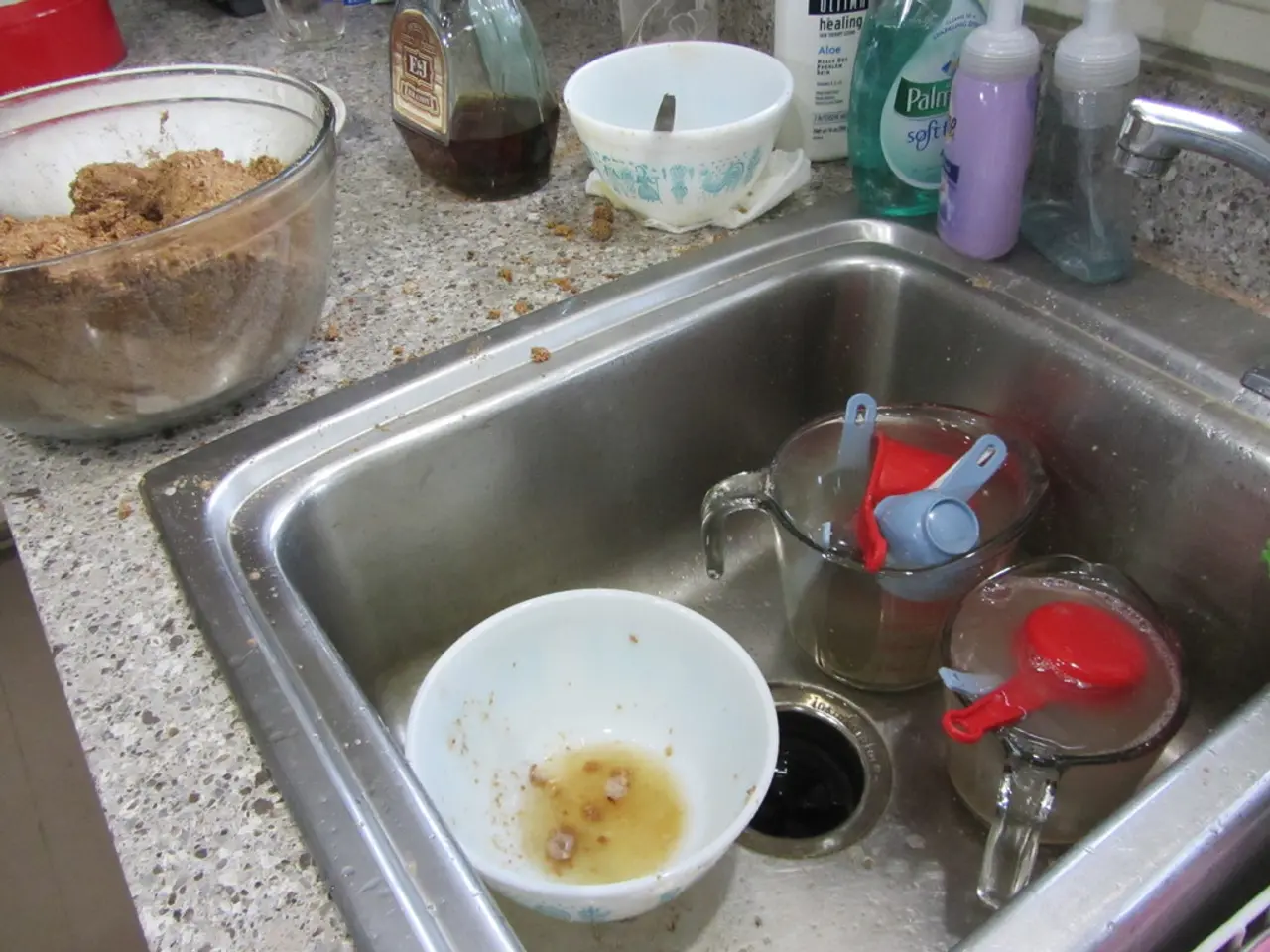Enjoying Summer Safely: A Guide to Common Summer Gut Infections
Heatwave Season and the Prevalence of Gastrointestinal Flu Infections
Summertime is a season of fun and relaxation, but it also brings an increase in certain types of gut infections due to warmer temperatures and increased exposure to contaminated food and water. Here's a look at some common summer gut infections, their symptoms, causes, and prevention measures:
1. Norovirus Infection
- Symptoms: Diarrhea, vomiting, stomach cramps, and fever.
- Causes: Norovirus is highly contagious and can spread through food, water, or person-to-person contact.
- Prevention Measures:
- Wash hands frequently with soap and water.
- Avoid consuming contaminated food or water.
- Practice good hygiene, especially after using the bathroom or before handling food.
2. Vibrio Infection (Vibriosis)
- Symptoms: Diarrhea, stomach cramps, vomiting, fever, and chills. It can also cause skin or ear infections.
- Causes: Vibrio bacteria, commonly found in warm coastal waters, can cause infection through the consumption of raw or undercooked seafood or exposure of open wounds to contaminated seawater.
- Prevention Measures:
- Thoroughly cook seafood, especially oysters and other shellfish, before consumption.
- Protect ears and skin wounds from contaminated seawater.
3. Food Poisoning
- Symptoms: Stomach pain, watery diarrhea, vomiting, and in severe cases, bloody diarrhea.
- Causes: Consuming contaminated food or water, which can spread bacteria, viruses, or toxins.
- Prevention Measures:
- Teach family members to wash hands thoroughly and often.
- Use perishable food or any food with an expiration date as soon as possible.
General Prevention Measures
- Hygiene: Regular handwashing is crucial to prevent the spread of many gastrointestinal infections.
- Food Safety: Ensure that food is stored and cooked properly to avoid contamination.
- Water Safety: Avoid drinking untreated water that could be contaminated with pathogens.
- Environmental Protection: Protect wounds and ears from potentially contaminated water, especially in coastal areas.
By understanding these common summer gut infections and taking proactive measures, individuals can reduce their risk of illness and enjoy the summer season more safely.
It's important to note that severe abdominal pain, persistent diarrhea for more than three days, high fever, circulatory problems, bloody stool, or signs of dehydration require immediate medical help, especially in children, the elderly, or chronically ill individuals.
For more information, the document titled "Press-Helios-Ambulance-Darm-Grippe.pdf" can be found at this link: https://www.helios-gesundheit.de/fileadmin/media/downloads/pressemitteilungen/2019/Helios_Ambulant_PM_Darmgrippe_Sommer.pdf
In Germany, Helios, Europe's leading private healthcare provider, has more than 80 hospitals, around 220 medical care centers, six prevention centers, and 27 occupational health centers. Mild stomach complaints that subside within one to two days are usually a harmless stomach flu or upset stomach. However, it's always best to consult a healthcare professional if symptoms persist or worsen.
Read also:
- Scheduling and Healing Process of Cataract Surgery Operations
- Leading Audiologists in Knoxville, Tennessee
- Study conducted by the Centre for Chronic Disease Control (CCDC) reveals that two-drug combination therapies are successful in enhancing blood pressure control among Indians.
- 2025 Ro Review: Advantages, Disadvantages, Cost, and Offerings








